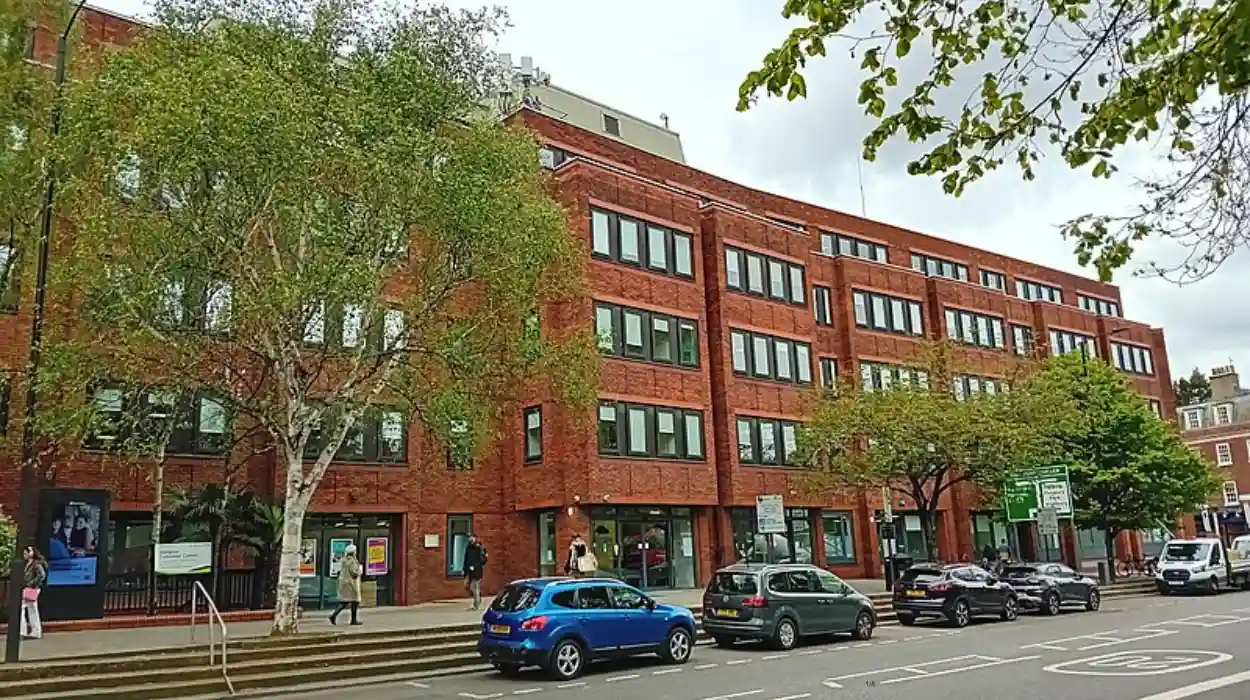Islington (Parliament Politics Magazine) – Islington Council warns that proposed equalities guidance is impractical and could lead to discrimination, undermining protections for vulnerable groups.
The council’s response to the Equalities and Human Rights Commission’s consultation on revisions to its Code of Practice in the wake of the Supreme Court’s decision regarding the Equality Act’s definition of sex contained the warning.
According to the council’s response, which was released yesterday (Monday, June 30), the directive that personnel verify a person’s sex at birth before permitting them to use single-sex facilities or services was wholly unrealistic and incompatible with their right to privacy and harassment-free status within Islington Council.
According to the council, this would foster mistrust and increase the likelihood of harassment or discrimination against clients who don’t fit into particular gender expression patterns. It would also increase the likelihood that other clients would take the initiative to confront clients who are thought to be transgender.
The council criticized the proposed new guidelines as being “botched” and the six-week consultation period as being too short to allow for the examination of intricate legal matters and the hearing of impacted groups.
Cllr Sheila Chapman, Executive Member for Equalities, Communities and Inclusion, said:
“When the body responsible for preventing discrimination is suggesting we should check everyone’s birth certificates before they use the bathroom, it’s time for them to pause and think again.
This rushed and contradictory proposed guidance would risk both the harassment of trans people and anyone who doesn’t conform to gender stereotypes – putting them at risk of being forced to prove their biological sex when someone thinks they don’t look like what their idea of a woman should be.
Islington will always be a place that stands up against discrimination and hate, and for the rights of minority communities. We know how painful this process has been for trans people.”
He further said that expecting reception staff in a busy leisure centre or a domestic violence service to determine whether someone is trans, without subjecting them to harassment or breaching their right to privacy, is not practical. It risks legal confusion and a culture of suspicion.
That’s why they have called for the EHRC to pause this botched process – properly listening to trans communities – rather than simply causing further confusion.
The expectation that it was feasible to provide extra locations or services for trans individuals to use in every circumstance, as required by the guidelines, given the limited resources and infrastructure already in place was one of the other critiques leveled at the response.
What are the key concerns raised by Islington council?
The council is concerned that strict or unduly prescriptive regulations may restrict organizations’ ability to adapt to the unique requirements of various populations, which could result in unintentional discrimination or exclusion.
The implementation of equality legislation, according to Islington, must be done in a way that actually improves the opportunities for inhabitants who are disadvantaged, particularly those who have protected characteristics like age, gender, ethnicity, disability, or socioeconomic status.
Instead of one-size-fits-all requirements, the council’s “Challenging Inequality Programme” emphasizes the necessity for customized approaches that take into account local conditions and the cumulative effects of policies on various populations.
Under the Equality Act of 2010, Islington emphasizes its dedication to not just fulfilling but also surpassing the Public Sector Equality Duty, which mandates that public entities eradicate prejudice, promote equality, and cultivate positive relationships.


